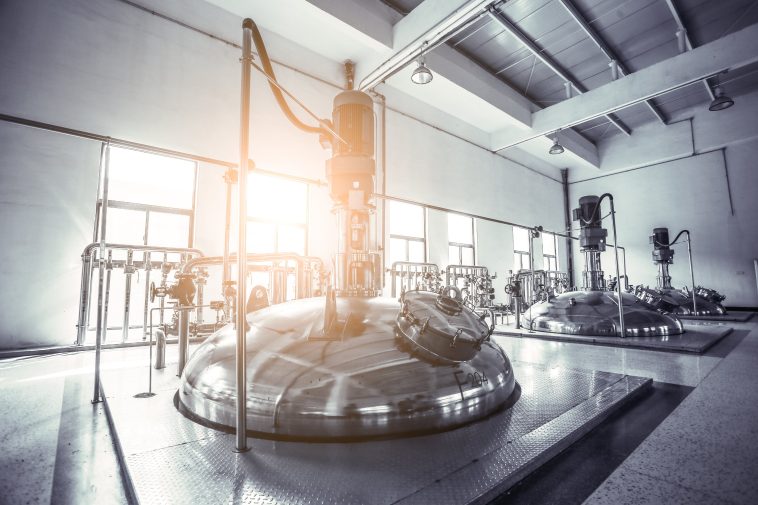This was the opinion of an expert panel that convened at the recent Asia Pacific Agri-Tech Innovation Summit in Singapore, which comprised of Scaleup Bio CEO Francisco M. Codoner, Buhler CTO Ian Roberts, Thia Ventures Managing Director Bart Van Hooland, Cauldron Co-Founder and CEO Michele Stansfield, Co-Founder and CEO, and Solar Foods Chief Strategy Officer Troels Nørgaard.
Whilst the precision fermentation industry has made many significant leaps and bounds in the APAC region over the last few years, the panel concluded that it is now important for players in this sector to operate based on a more realistic framework.
“The fact is that the investment money today is no longer as available as it was three years back, and funding is crucial when it comes to building facilities or partnerships and so on,” Roberts told the floor.
“But solely relying on investments coming in is a high-risk strategy and what is really needed now is to derisk, as the sector should be moving towards evolving and growing but we are never going to be able to build it as an industry if the focus is on everyone using funds to build more and more facilities which then leads to increased worries about potential business failure.
“This may sound pessimistic but it really isn’t, it’s just moving from a hype stage to a more realistic situation now, and strategies should be focused on low-cost, high-speed growth.”
Van Hooland concurred, adding that there was a period of ‘naïve investing’ that went on previously which led to a lot of focus being placed on facility building.
“In the food industry, usually building infrastructure is considered a pain point that companies want to avoid as much as possible – but in the past three years many companies seemed to feel that this was the ultimate accomplishment,” he said.
“This meant that there was not a lot of emphasis past that point, and what we saw was a lot of people wanting to raise money for just about everything.
“But we all need to remember that investors are in this business for business, not for the tech or for nice reactors, and realistically they want their investments to turn an idea into something that others will pay money for – otherwise there won’t be any investment.”
Collaboration and specialisationStansfield further compounded on the idea that collaboration is becoming increasingly important in this area so that companies can find and grow their own identity and specialisation.
“The whole idea is that not every company in this space should need to have US$300mn funding rounds to build their own scaleup facility if there is a way to work together – meaning companies should think of going horizontal before going vertical with their operations,” she said.
“No start-up is going to be able to be all things to everyone, each company needs to find their own specialisation and niche in the industry in order to [stay around for the long term].”
Solar Foods is an example of a company that has managed to do just this with its gas-fermented proteins that are technically ‘made from air’.
“Our technology is very different from others in the fermentation space, which has in its own way facilitated food support,” Nørgaard said.
“What we see is that the sector needs to make the transition from the biotech space to the food ingredient space, which it has not really done yet.
“The fact of the matter is that consumers really do not need to know where the proteins or fermented products come from and how it is produced and just want to know it is safe, tasty and good – for instance, many consumers thought whey protein came from wheat for a very long time, but this did not hinder the growth of that sector.”
Moving forwardThe panel also agreed that the precision fermentation sector is currently still plagued by a lot of lab-focused thinking and influence, which is hindering the evolution of the industry from science to food.
“Many of these start-ups still have the laboratory mindset focusing on the tech and science, but this is really not transferable to manufacturing,” Codoner said.
“The real issue and very common mistake comes when this mindset is still firmly in place, but they are under pressure to go to market ASAP, which results in a lot of complexity.”
Roberts also stressed that for as long as the technology remains at its current level of pharmaceutical-grade, it will be very difficult for the industry to evolve.
“Pharma tech has been very good in terms of proving the biology and efficacy, but it will not hit cost production requirements for food, so there is a strong need to move to industrialisation,” he said.
“The issue is that today, the technology does not exist at the level of standardised maturity to be multiplied across the industry to reach the needed scale – so there is still much work to be done to enhance in this area.”




GIPHY App Key not set. Please check settings